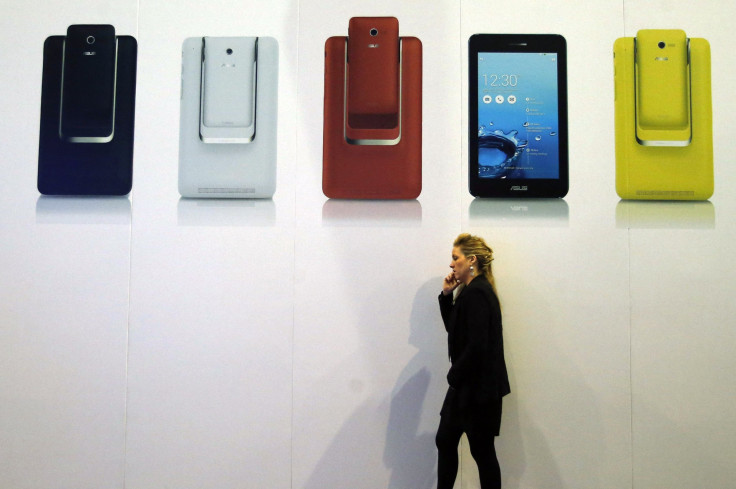Cell Phone Unlocking May Become Legal Again With Caveats: H.R. 1123 Passes The House, EFF Speaks Out Against Bill

Unlocking your cell phone could become legal again if a new bill that has just passed the U.S. House of Representatives makes it all the way through the U.S. Senate.
The bill, H.R. 1123, otherwise known as the “Unlocking Consumer Choice and Wireless Competition Act" seeks to re-legalize cell phone unlocking, an action which allows a mobile device to accept SIM cards from carriers beyond the carrier the mobile phone was purchased for.
Previously, unlocking cellphones was legal. However, that was only possible due to an exemption made by the Federal Communications Commission (FCC) through provisions of the Digital Millennium Copyright Act (DMCA), which makes the circumvention of digital rights management (DRM) on multimedia content and software that locks a phone to a particular carrier illegal.
Under Section 1201, the part of the DMCA that deals with exemptions, phone unlocking was temporarily made exempt by the Librarian of Congress in 2006 and 2010. In 2013, the Librarian of Congress didn’t renew the exemption, effectively making unlocking a cell phone illegal.
H.R. 1123 made its way past the House with 295 representatives in support, 114 voting against the bill and 21 representatives abstaining from voting.
While the innocuous title of the bill would make it appear to be a step in the right direction, electronic communication advocates such as the Electronic Frontier Foundation, or EFF, expressed reservations towards H.R. 1123.
According to provisions in H.R. 1123, a bill sponsored by Congressman Robert “Bob” Goodlatte (R-VA), unlocking cell phones by end users or persons helping the end user would be permitted.
The clause that comes after that section is what is concerning to advocates such as the EFF.
“NO BULK UNLOCKING.—Nothing in this subsection shall be construed to permit the unlocking of wireless handsets or other wireless devices, for the purpose of bulk resale, or to authorize the Librarian of Congress to authorize circumvention for such purpose under this Act, title 17, United States Code, or any other provision of law.”
To end users, that wouldn’t appear to be much of a concern. However, the EFF notes that such a provision would be using a law initially passed to address copyright infringement as a way of blocking legitimate business models that could resell phones to extend their lifespan.
The EFF also argues that Section 1201 of the DMCA serves to undermine fair use and other legal uses of devices under the guise of copyright protections.
Despite the legal hurdles, FCC Chairman Tom Wheeler pressured CTIA – The Wireless Association to provide provisions for consumers to unlock their phones without being afoul of the law. As a result, CTIA members such as Verizon (NYSE:VZ), AT&T (NYSE:T) and T-Mobile do provide “voluntary” ways for consumers to get their phones unlocked.
Despite such provisions, individual actions taken to unlock a phone will remain illegal until Congress passes a phone unlocking bill such as H.R. 1123 or another alternative such as H.R. 1892, the “Unlocking Technology Act of 2013.
© Copyright IBTimes 2024. All rights reserved.












